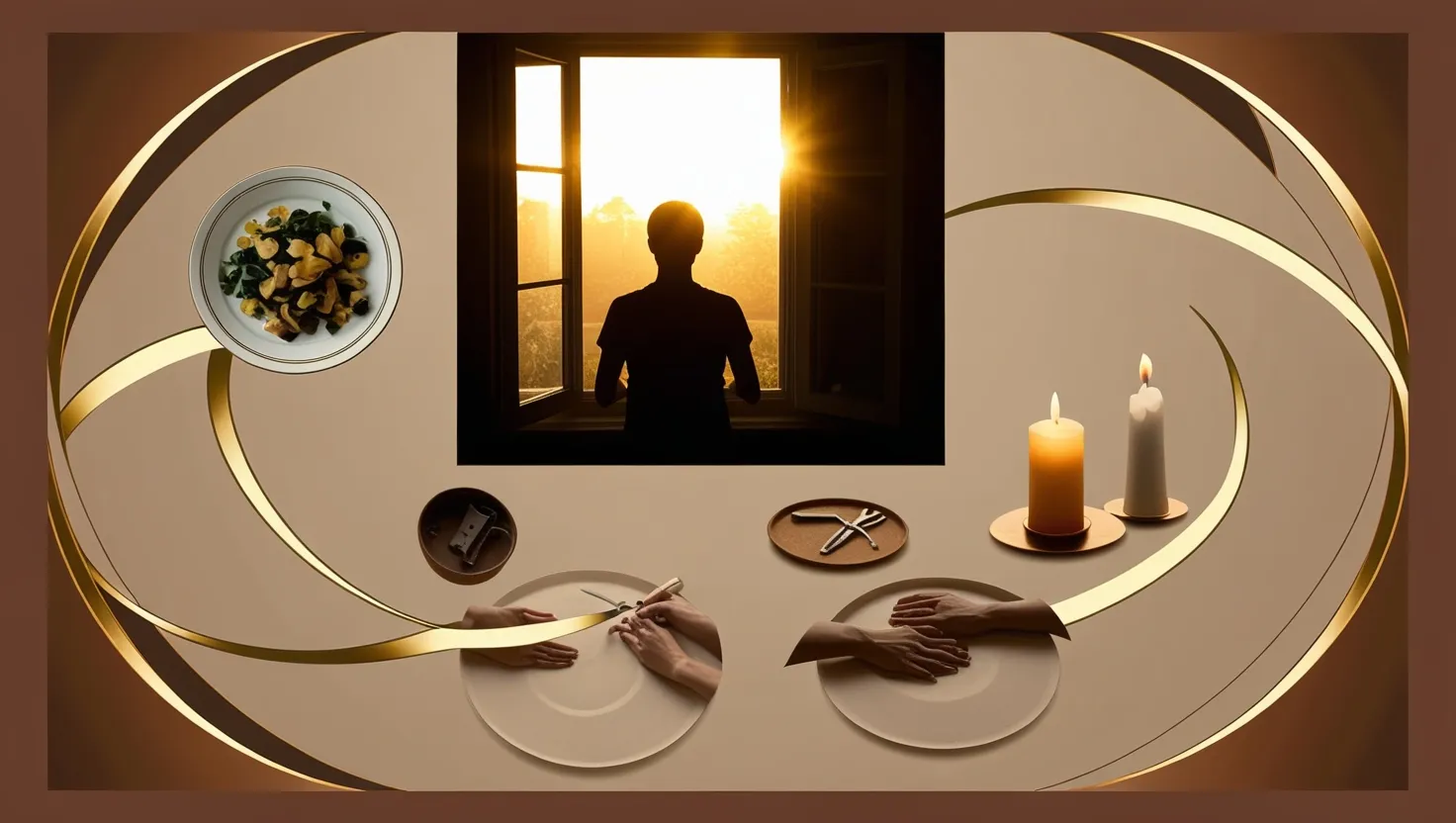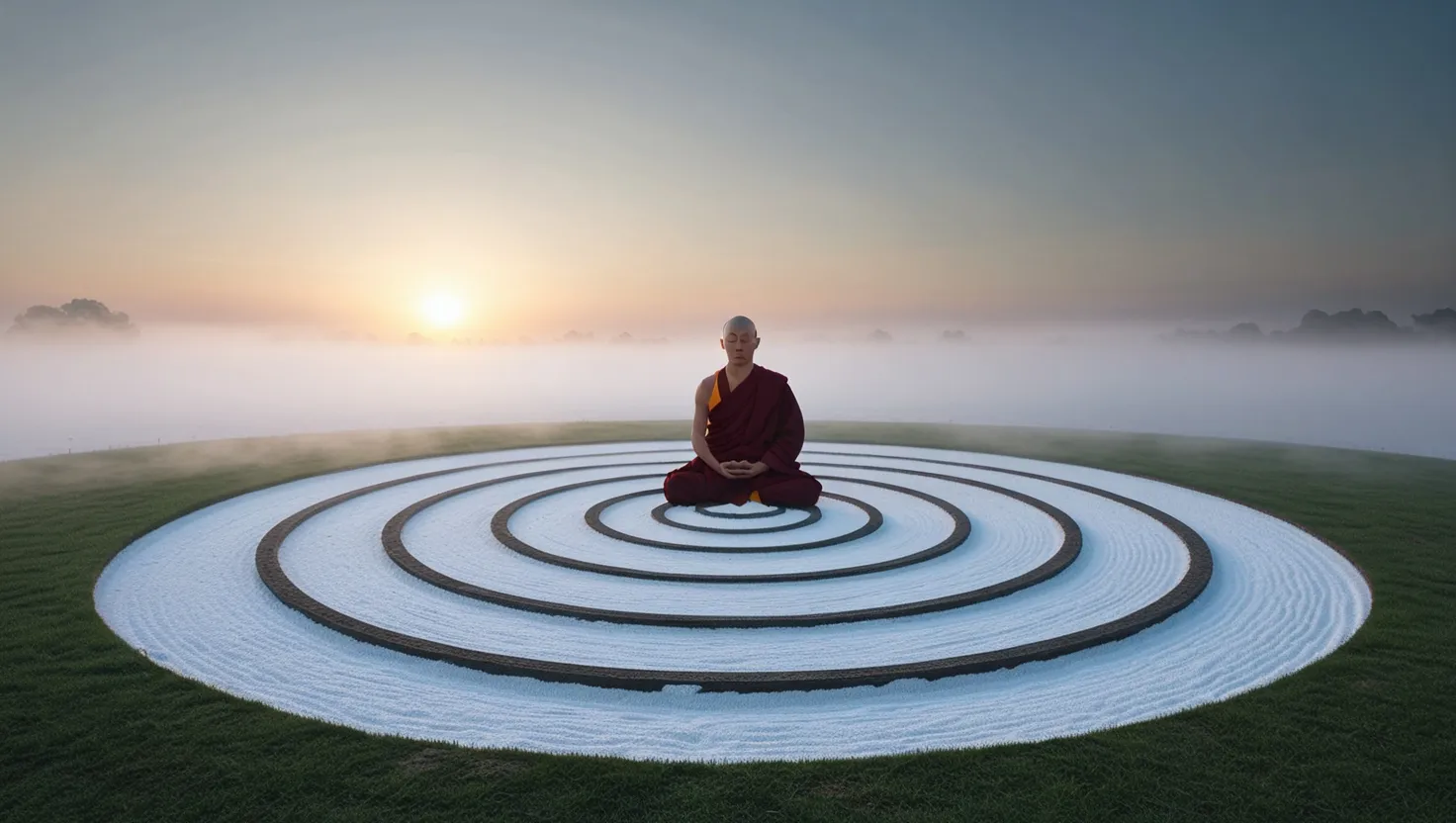In our hyper-connected, always-on modern world, it’s easy to feel overwhelmed by the relentless pace of life. We’re constantly bombarded with information, notifications, and demands on our time and attention. But what if there was another way? What if we could learn from the wisdom of pre-industrial societies to create a more balanced, fulfilling way of living?
Let’s take a journey back in time to explore seven principles of slow living that our ancestors understood intuitively. These aren’t just quaint historical curiosities – they offer practical insights we can apply to improve our quality of life today.
First, consider how our ancestors lived in harmony with the natural rhythms of daylight. Before the advent of electricity, people’s activities were naturally synchronized with the rising and setting of the sun. This wasn’t just a practical necessity – it was deeply ingrained in their way of life.
What would happen if we tried to recapture some of that natural rhythm? Could we improve our sleep and energy levels by limiting our screen time after sunset? What if we planned our most demanding tasks for the hours when daylight is strongest?
“The sun is new each day.” - Heraclitus
This simple shift in how we structure our days could have profound effects on our well-being. It’s not about completely abandoning modern conveniences, but rather about finding a balance that works with our biology instead of against it.
Next, let’s consider the depth of expertise that traditional craftspeople developed. In pre-industrial societies, it was common for individuals to spend years, even decades, mastering a single trade. This stands in stark contrast to our modern obsession with constant skill acquisition and career pivots.
What if we resisted the pressure to constantly be learning new things and instead focused on deepening our expertise in a few key areas? Could we find greater satisfaction and success by identifying the skills that truly bring us value and joy, then developing them thoroughly?
This doesn’t mean we should never learn new things, but rather that we should be more intentional about where we focus our energy. Quality over quantity, depth over breadth.
“We are what we repeatedly do. Excellence, then, is not an act, but a habit.” - Aristotle
How might your life change if you devoted yourself to mastering one or two key skills instead of trying to be a jack-of-all-trades?
In pre-industrial times, nearly everything was created by hand. This wasn’t just a necessity – it was a way of life that fostered patience, appreciation, and a deep connection to the material world. Today, we can recapture some of that spirit by incorporating regular handwork into our lives.
This could mean cooking meals from scratch, repairing items instead of replacing them, or creating handmade gifts for loved ones. The act of creating something tangible with our own hands can be deeply satisfying and grounding.
“The hand is the cutting edge of the mind.” - Jacob Bronowski
When was the last time you made something with your own hands? How did it make you feel?
Our ancestors experienced natural cycles of connection and solitude. Today, we’re constantly connected through our devices, but this constant connectivity often leaves us feeling more isolated than ever. What if we intentionally disconnected on a regular basis?
Implementing periodic “technology fasts” can help reset our attention spans and cultivate deeper thinking. This doesn’t mean abandoning technology altogether, but rather creating intentional spaces in our lives where we’re free from digital distractions.
“All of humanity’s problems stem from man’s inability to sit quietly in a room alone.” - Blaise Pascal
How might your thoughts and relationships change if you had regular periods of genuine solitude?
Many pre-industrial cultures had rituals for daily reflection. This practice of taking time each day to review our experiences, identify lessons learned, and prepare mentally for the day ahead can be incredibly powerful.
Try setting aside 10-15 minutes before bed each night for reflection. You might be surprised at how this simple practice can improve your self-awareness and decision-making.
“The unexamined life is not worth living.” - Socrates
What insights might you gain from regular self-reflection?
In pre-industrial societies, shared meals were a central part of social life. Today, we often eat on the go or in front of screens. What if we made our mealtimes screen-free zones where conversation and connection take precedence?
This simple change can dramatically improve our relationships and our enjoyment of food. It’s an opportunity to slow down, savor our meals, and truly connect with those around us.
“One cannot think well, love well, sleep well, if one has not dined well.” - Virginia Woolf
How might your relationships change if you prioritized shared, mindful meals?
Finally, consider how traditional societies adjusted their activities to match the seasons. In our climate-controlled, 24/7 world, it’s easy to lose touch with these natural rhythms. But what if we aligned our energy expenditure, food choices, and social activities with seasonal patterns?
This doesn’t mean we need to completely overhaul our lives with each change of season. Rather, it’s about being more mindful of these natural cycles and working with them instead of against them.
“To everything there is a season, and a time to every purpose under the heaven.” - Ecclesiastes 3:1
How might your life change if you lived more in tune with the seasons?
Incorporating these principles from pre-industrial societies doesn’t mean rejecting modernity or technology. Instead, it’s about finding a balance that allows us to maintain productivity while reclaiming the depth and presence that characterized earlier ways of living.
By synchronizing with natural light, mastering fewer skills deeply, creating by hand, practicing periodic disconnection, engaging in daily reflection, sharing meals mindfully, and observing seasonal living, we can create a richer, more fulfilling way of life.
The wisdom of our ancestors offers us a roadmap to a slower, more intentional way of living. It’s up to us to choose which elements we want to incorporate into our modern lives. What will you choose?






